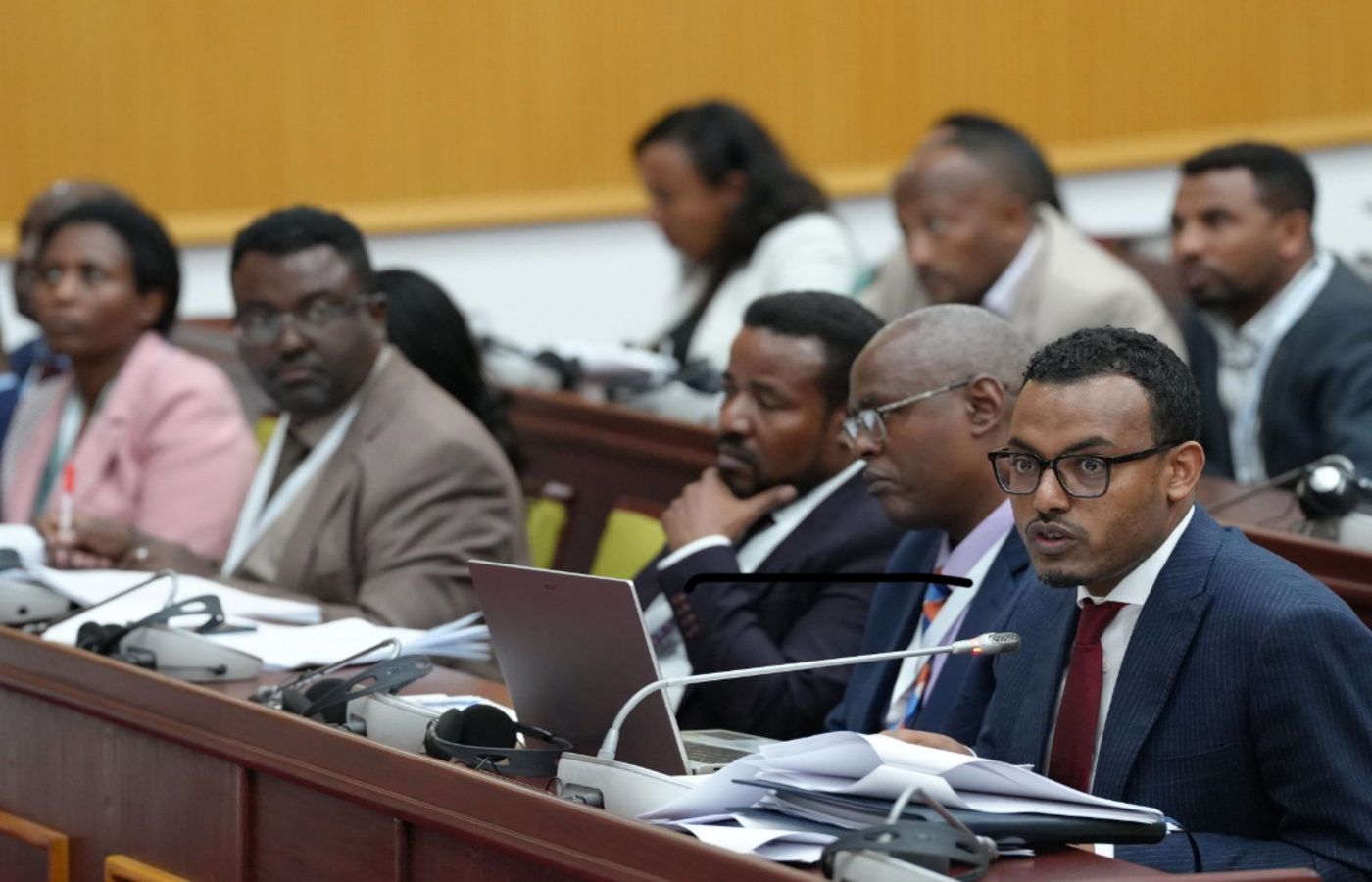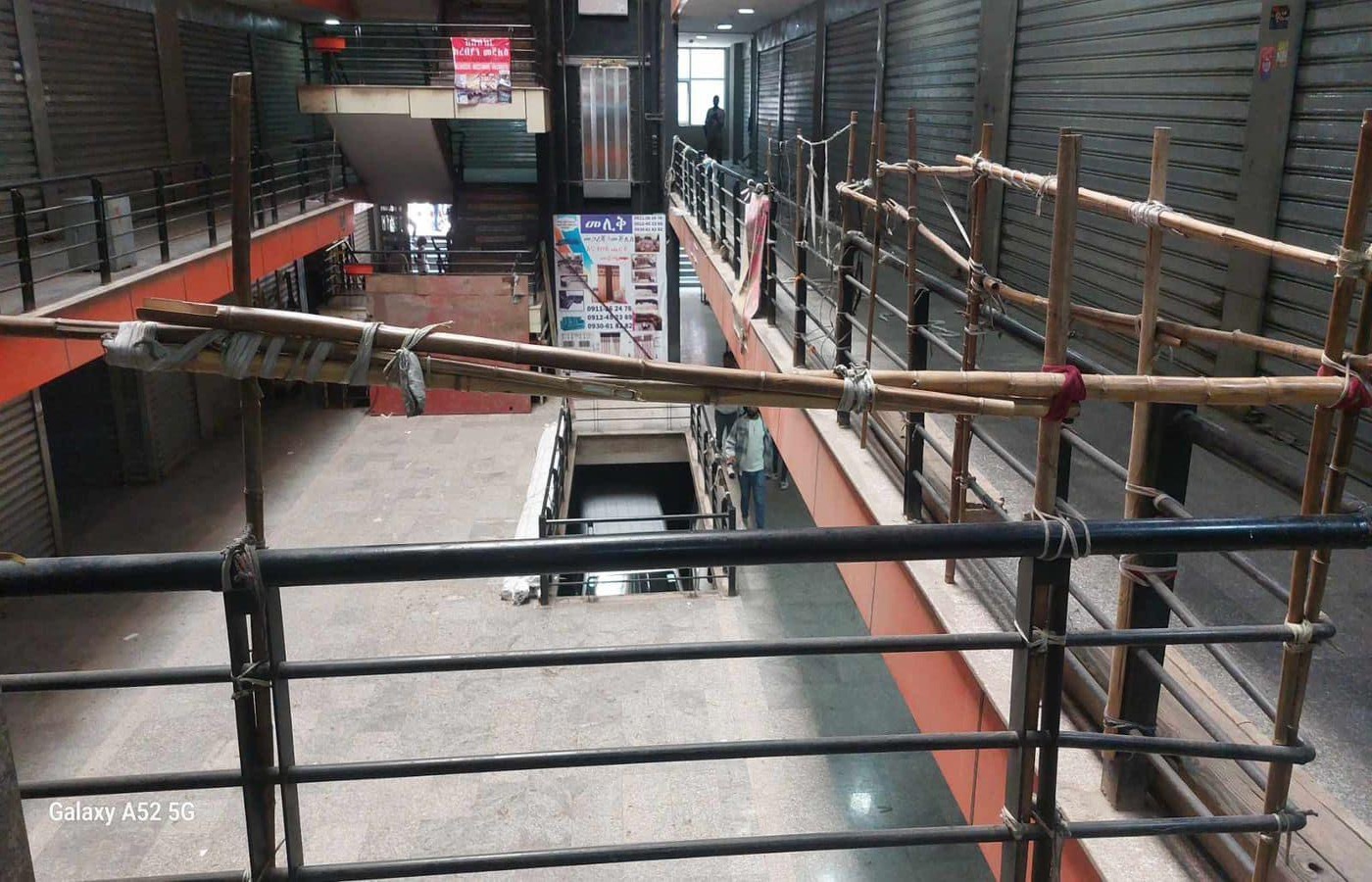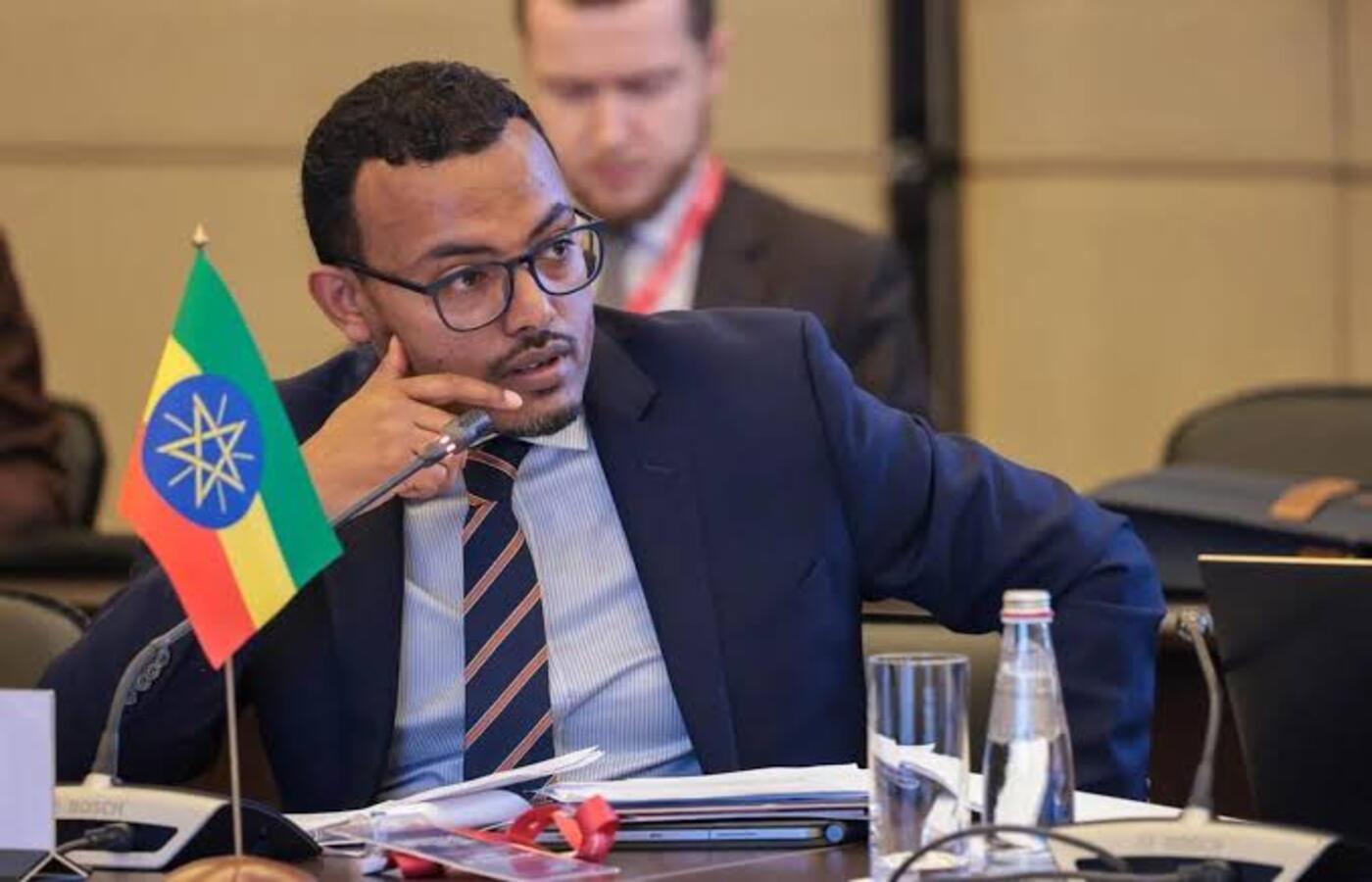By Feysel Zakir
When the Ethiopian Football Federation announced last month that it would be purchasing jerseys for the national team from a manufacturer in Turkey, it rightfully drew widespread criticism from football stakeholders in Ethiopia.
On the surface, spending hundreds of thousands of dollars on overseas kits seems contradictory to both sound economic management and the development priorities the federation should embrace.
However, upon closer examination, this move signals far greater issues with lack of transparency, dubious financial dealings, and misplaced priorities that threaten to undermine the growth of Ethiopian football for years to come if left unaddressed.
To begin, the exorbitant cost of this foreign jersey purchase is simply unjustifiable given Ethiopia’s ongoing developmental needs. Estimates put the price tag at over 300,000 dollars, a mammoth sum that could be far better utilized growing the domestic game.
At a time when increasing industrialization has spawned a capable local garment sector, importing kits from abroad is a wasted opportunity to stimulate jobs and business within Ethiopia. Rather than circulating much-needed currency internally, hard-earned funds are leaking overseas with nothing to show economically.
This significant outlay becomes even more dubious considering the football federation’s primary mandate is non-commercial development and service of the national team. Their intent to establish their own brand, ‘Hagere’, which would appear on the jerseys, seems a clear overreach into commercial territory without legitimate licensing.
If the goal is merely uniforms, many qualified local producers could fulfill the order for less. The federation has not persuasively explained why significant self-profit matters more than performance goals. This commercialist drift away from its public service remit warrants close oversight to ensure no resources are misdirected.
Perhaps most troublingly, at a time when investment is most desperately needed in Ethiopia’s football infrastructure and academies, hundreds of thousands evaporate abroad. The national team languishes in a lowly 145th place in the FIFA rankings due to chronic underdevelopment.
State-of-the-art training facilities, full-time coaching staff, youth leagues, and regular international exposure are desperately lacking. Yet instead of applying funds to the root issues, a single superficial purchase receives priority. Until concrete reforms are implemented and results start coming, no major sponsors will seriously engage. Reliance on costly self-run commercial schemes to circumvent this is misguided.
Every birr spent overseas is one taken directly from opportunities to cultivate domestic talent through improved grassroots programs, which should be the obvious priority for elevating Ethiopian football on the world stage.
Given these serious concerns, a full independent audit of the Ethiopian football body’s books and decision-making processes is overdue. Floorless allocations and dubious large expenditures without clear needs-based justification erode public trust. While corruption allegations remain unproven, nontransparent financial management breeds perception issues that sabotage development missions. For an organization entrusted with custodianship of the national sport, high standards of integrity, prudence, and accountability to citizens served must be demonstrated beyond reproach.
Unless the federation rectifies its self-interested commercial power-grabs and misguided spending, lack of progress will continue frustrating players and fans alike. The best interests of both Ethiopia’s footballing future and taxpayers demand nothing less than a complete overhaul that centers development objectives and stewardship of resources above all else.
Feysel Zakir is an Ethiopian sports journalist known for his insightful commentary and analysis of both domestic and international football and athletics. He can be reached at [email protected].





